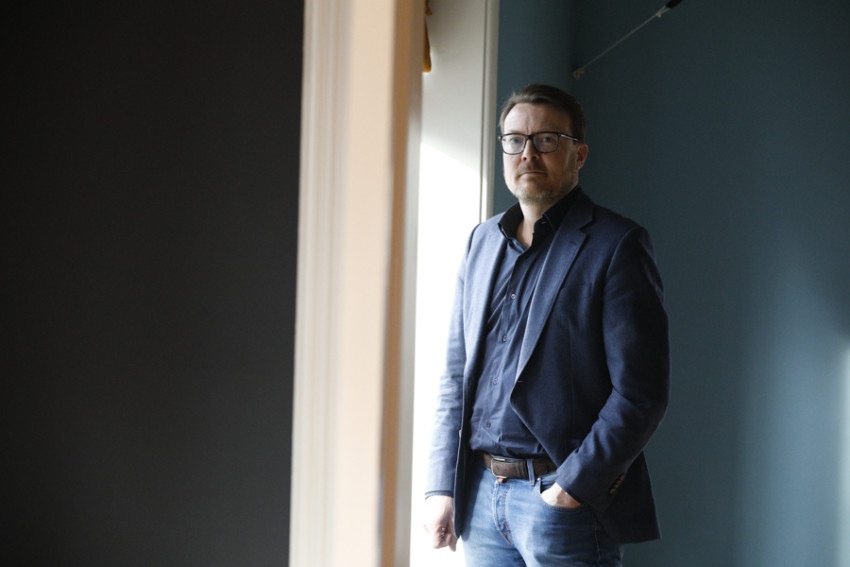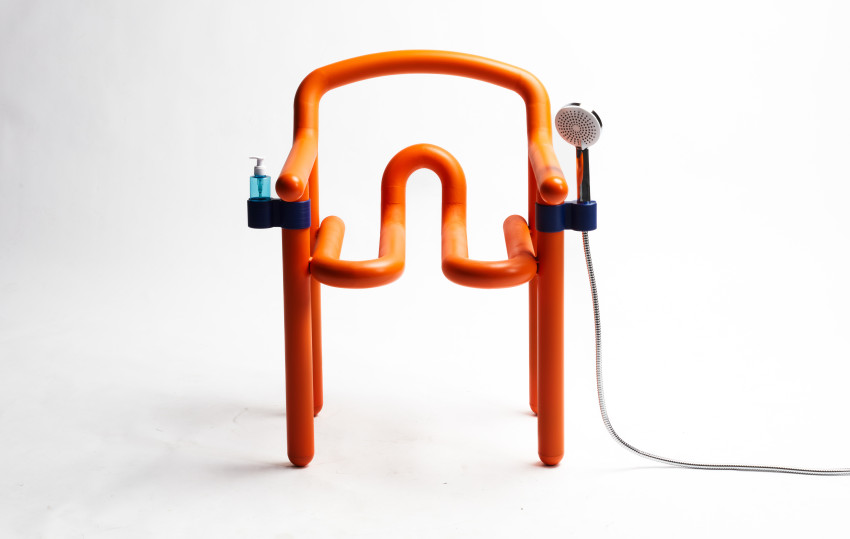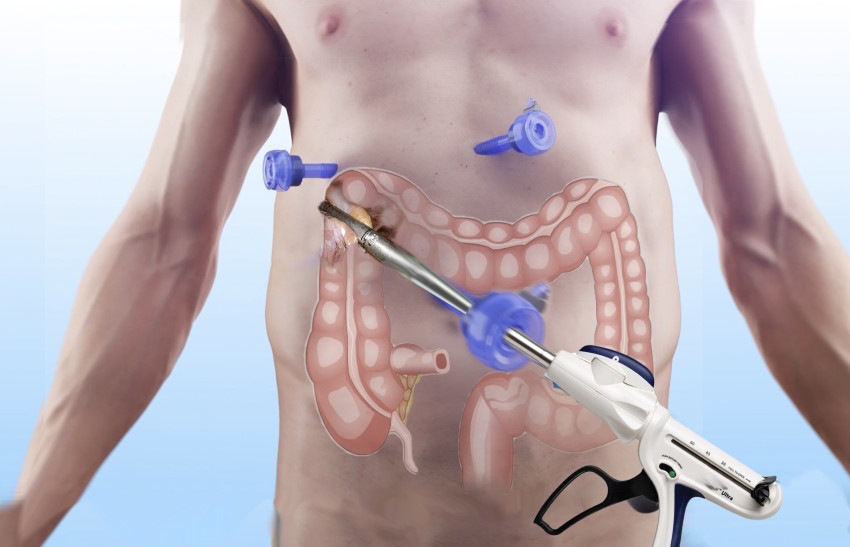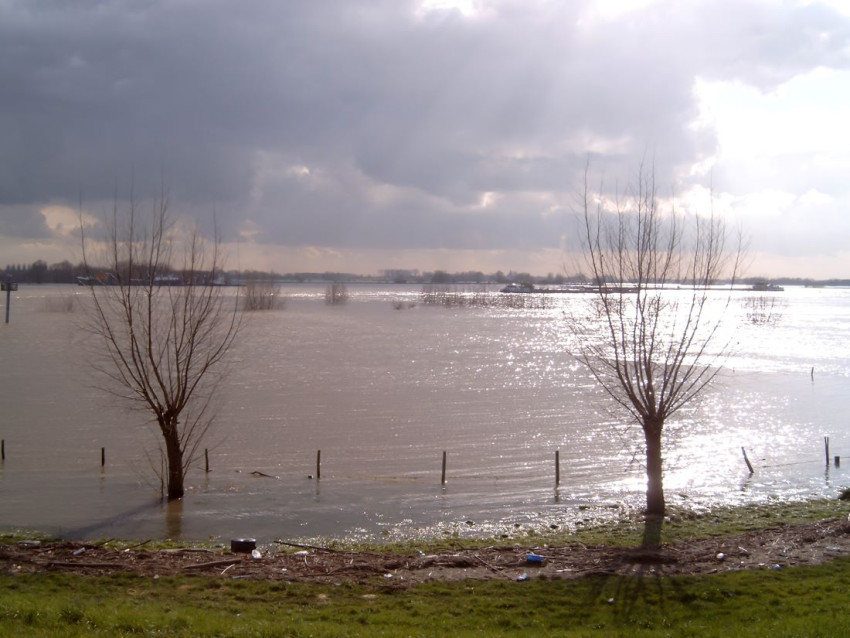
‘Government should stimulate start-ups more’
The Netherlands is seeing more and more start-ups, or embryonic enterprises, but to help them grow into successful large companies, they need more assistance, observes Constantijn van Oranje, special envoy at StartupDelta. Tech entrepreneurs themselves need to think bigger. And the government could do more to stimulate start-ups, says Van Oranje in an interview with journal De Ingenieur.
Constantijn van Oranje is special envoy at StartupDelta, an organisation trying to create an optimal climate in the Netherlands for embryonic (technology) companies. De Ingenieur spoke with Van Oranje about the opportunities and threats for start-ups in the Netherlands.
Just to be clear: the Netherlands provides a pretty good foundation for start-ups, the prince suggests. We have great technical universities, young people are passionate and socially involved. And although you wouldn't necessarily think so at first glance, there is plenty of capital available from investors. ‘I really do believe that the Netherlands could become Europe's best start-up ecosystem,’ says Van Oranje. ‘But to achieve that, we've got a lot of work to do.’
RELYING ON THEMSELVES
Van Oranje sees that embryonic companies currently have to rely very much on themselves when it comes to the difficult process of getting from a good idea to a product that generates sales. ‘Moving from unripe technology to something that is commercially interesting is also extremely testing – no accident that it's called the valley of death.’ Many young companies go to the wall in this phase as they fail to become profitable fast enough.
To bridge this gap, an entire industry has arisen in the United States that helps start-ups to grow, with all that that entails. Van Oranje: ‘If you start a company in the US, you set out a route: how fast do you need to grow? How much investment do you need to generate? And the venture-capital companies too (investors, ed.) are specifically geared to helping starting entrepreneurs. Not just to attract more capital, but also to find the best people for such a business. Many of these investment funds in the US are run by successful entrepreneurs, as they know best what a start-up needs.’
There are admission freezes on degree courses such as artificial intelligence. That's crazy, surely?
TALENT IS CRUCIAL
But the Dutch government could do a lot more too, thinks Van Oranje. One obvious step would be to loosen up fiscal measures for start-ups. ‘But talent is also crucial, both the people we train ourselves and those we get in from outside. We really need to be careful that we don't become xenophobic, and that we continue to welcome talent from outside. Government, make the rules more flexible, so companies can more easily attract foreign talent.’
AGGRESSIVE AGENDA
At the same time, we need to make sure that Dutch top talent doesn't leave our shores because their development is being held back here. Van Oranje: ‘At the universities, I see too many top researchers and lecturers departing for foreign climes. And there are admission freezes on degree courses such as artificial intelligence. That's crazy, surely? Especially when you consider that this is one of the main subjects these days, and that we are already losing the race with countries such as China? In short, we need an aggressive human-capital agenda.’
The entire interview with special envoy at StartupDelta Constantijn van Oranje can be read in the February issue of De Ingenieur (Dutch).
Photo: Inge van Mill






